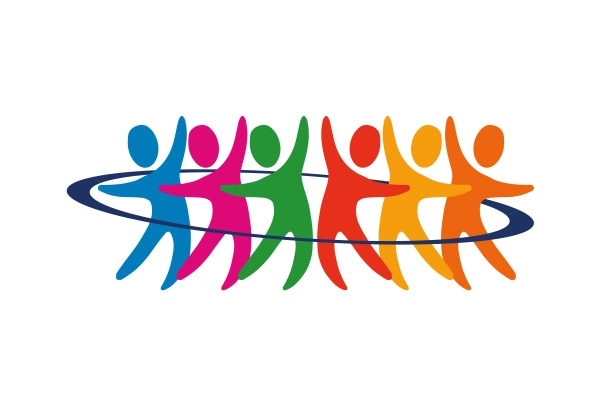By Raisa Okwaras
In their press release yesterday, the Joining Forces (JF) Alliance, East, and Southern Africa asked the African governments to develop and implement policies and laws protecting children from harmful practices. The JF effected this in commemoration of the Day of the African Child (2022) whose theme was Eliminating Harmful Practices Affecting Children: Progress on Policy and Practice since 2013.
The commemoration gave an opportunity to African governments and stakeholders to evaluate the advancement in the adoption of policies supporting the African child. In addition, it provides a platform for recommendations against the harmful practices that affect children.
As of today, the most common harmful practices affecting children in Africa include child labor, child marriages, Female Genital Mutilation (FGM), and online child sexual exploitation and abuse (OCSEA).
“Despite efforts by the governments and other stakeholders to address harmful practices, we are concerned about the slow pace of progress and the challenges the African child continues to face. A vast majority of children in Africa, especially girls, are still married at a tender age,” read part of the press release.
UNICEF 2022 study report shows that 3 in every 10 young women in Eastern and Southern Africa got married before the age of 18. According to the United Nations Population Fund (UNFPA 2022) projections, the number of girls undergoing FGM annually is set to increase from 4.1 million in 2019 to about 4.6 million by 2030, with most of them coming from Sub-Saharan Africa.
Advertisements
about:blank
REPORT THIS AD
In addition, with children in Africa having increased access to digital devices and online platforms, cases of online child exploitation and abuse (OCSEA) continue to rise. For instance, according to the Disrupting Harm research findings in Kenya, between five and thirteen percent of children aged 12 to 17 have reported experiencing OCSEA.
Some of the recommendations they gave include developing and implementing policies and laws that protect children from harmful practices, allocating and offering cost budgets for child protection, and tackling the challenges that encourage the violation of children’s rights, including poor access to education, poverty, and gender inequality.
Others include strengthening the legal and justice systems and involving young people and girls in policy and decision-making processes by ensuring that their voices are heard and considered in all aspects touching on their lives.

